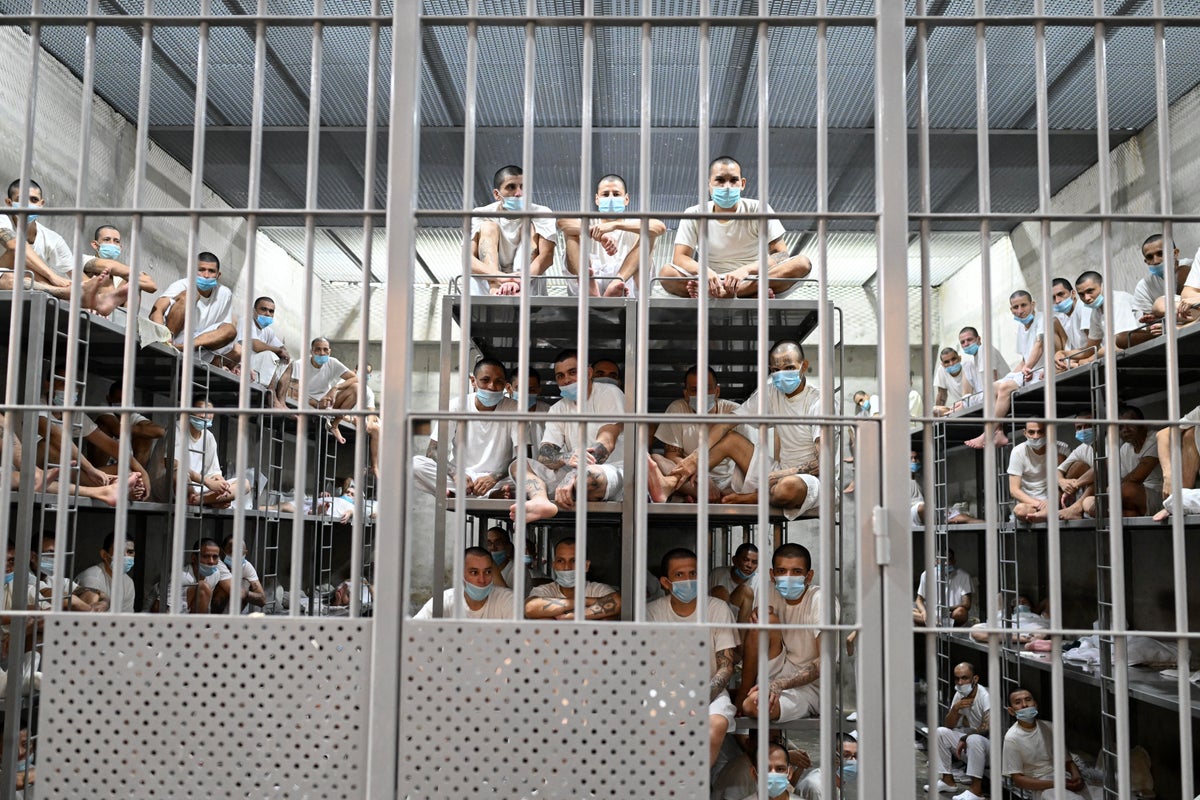ARTICLE AD BOX
The College of Cardinals has appeared to acknowledge that the definitive word is still out about the so-called “trial of the century” that convicted Cardinal Angelo Becciu of financial crimes.
On Tuesday, Becciu, 76, the once-powerful Italian cardinal, formally withdrew his participation in the May 7 conclave to elect Pope Francis’ successor, after days of uncertainty about his status.
The Vatican’s criminal court convicted Becciu in 2023 of embezzlement and other finance-related charges. He has appealed, which is scheduled to begin in September, and in Italy, convictions in the Vatican criminal court are not considered definitive until all appeals are exhausted.
There are also lingering questions about the integrity of the trial.
In a statement on Wednesday, the college thanked Becciu for withdrawing and for “contributing to the communion and serenity of the conclave”.

“The Congregation of Cardinals expresses its appreciation for the gesture he has made and hopes that the competent organs of justice will be able to definitively ascertain the facts,” said a statement from the cardinals who are meeting in pre-conclave discussions.
In 2020, Francis forced Becciu’s resignation as head of the Vatican’s saint-making office and forced him to renounce the rights of the cardinalate after receiving allegations of financial misconduct against him.
Becciu denied wrongdoing but said at the time that he wouldn't be able to vote in a future conclave. After Francis died on April 21, Becciu had asserted his right to participate. But he backed down on Tuesday after being presented with letters from Francis, penned before his death, saying he couldn't take part.
Questions around the trial
During the trial, defence lawyers discovered that Francis had secretly issued four decrees during the investigation to benefit prosecutors, allowing them to conduct intercepts and detain suspects without a judge’s warrant. Defence lawyers argued that such interference by an absolute monarch in a legal system where the pope exercises supreme legislative, executive and judicial power violated their clients’ fundamental rights and robbed them of a fair trial.
Also during the trial, it emerged that the prosecution’s prime witness against Becciu was coached, threatened and manipulated by outsiders to persuade him to turn on the cardinal.
The tribunal rejected the defence's objections at the time and the trial went ahead. But in recent weeks, even more evidence has emerged about the outside manipulation of the witness and apparent collusion with Vatican prosecutors and gendarmes to target Becciu.

The Domani newspaper has previously published redacted WhatsApp chats and an audio suggesting that Vatican gendarmes and prosecutors were involved indirectly in coaching the witness, Monsignor Alberto Perlasca, to turn on Becciu.
Becciu has responded to the reports with outrage, saying they prove that his prosecution was manipulated from the start.
“From the very first moment I spoke of a machination against me: an investigation built on falsehoods, which five years ago unjustly devastated my life and exposed me to a pillory of worldwide proportions,” he said in a statement April 14, when the first chats were published.
The appeal is scheduled to begin in September.









 English (US) ·
English (US) ·